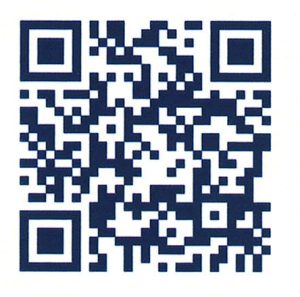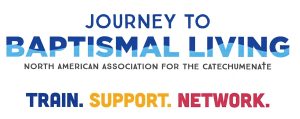Prepare (This section is preparation for the leader, not content meant for the group.)
The first part of this week’s gospel lesson is a familiar passage—though most of us probably recall its counterpart in Matthew 17:20, where faith the size of a mustard seed can move a mountain, rather than uproot a mulberry tree as we see in Luke 17. Either way, the point is not meant to be taken literally.
This chapter is full of hyperbolic language meant to drive a lesson home. In verses 1–4, Jesus says it would be better to have a heavy stone hung around your neck and be thrown into the sea than to cause one of God’s children to stumble. He then calls us to forgive others, even if they sin against us seven times in a single day, echoing his words to Peter in Matthew 18 to forgive not just seven times, but seventy-seven.
In this light, it’s clear that Jesus is leaning on exaggerated, even humorous, imagery to make his point.
That perspective also reshapes how we hear verses 7–10. At first, Jesus seems to call us slaves, even using the word “worthless.” But in John 15, he says we are no longer slaves, but friends. Again, it’s an overstatement meant to jar us. The picture of a servant demanding that the master serve them dinner is both shocking and, in a way, funny. The lesson, though, is serious: we still have work to do on Earth. Our reward will come later, but for now we are called to serve the Lord faithfully, using the gifts God has given us (as Paul reminds Timothy in 2 Timothy) and persevering even in hard and uncertain times (as reflected in Habakkuk 1 and 2).
Opening Exercise
What chores do you have to do around the house? Does your family have rules like No TV, No Video Games, or No Social Media until you finish your chores, homework, or other responsibilities? Have you ever broken those rules? What happened?
Text Read Aloud
The Faith to Do What Needs to Be Done
The apostles asked Jesus to increase their faith. Not an unreasonable request. Who among us couldn’t do with more faith?
But notice how Jesus responds. Does he say, “Sure, your faith has now been doubled”? Does he say, “Here’s what you need to do to get more faith”? No. He tells them that even the tiniest speck of faith is enough to uproot a mighty tree with just a word.
This is an exaggeration on Jesus’ part. If you started talking to trees, it’s doubtful they would do anything. So what is he trying to say?
He’s telling the disciples that they already have faith, and that what they have is enough for what God is calling them to do. The mere fact that they ask Jesus to “increase our faith” shows that they already trust God and believe Jesus is the one who can help. Do they really need more faith than that? Do we?
Then Jesus goes on to describe servants who shouldn’t expect to sit down at the master’s table before their work is done. But wait a minute… doesn’t Jesus also say we’re not servants but friends, with a place already set at God’s table? Yes, but in this moment, Jesus is stressing something else: we still have work to do.
Paul echoes this in this week’s New Testament lesson. He tells Timothy that he has great faith and comes from a long line of people with great faith. What does that mean for Timothy? It means he’s going to suffer. Jesus abolished death and brings us eternal life. But first, there will be suffering. Faith is the gift that will sustain him throughout the suffering.
Habakkuk talks about this same struggle in the Old Testament lesson. He’s been called by God to be a prophet. Yet, as he looks around, he sees nothing but violence, destruction, and injustice. He cries out to God, “How much longer?” God replies in chapter 2, giving Habakkuk a job to do: to write out the vision that God gave him on a tablet, so large and clear that even someone running past it can’t help but see the message. God then tells him that the promised end is coming—it just requires a little longer wait and some trust.
The work we are called to is difficult. Sometimes it may seem impossible—as impossible as uprooting a tree and throwing it into the sea just by speaking to it. Yet the same God who gives us these tasks also gives us the tools to carry them out. Chief among them is faith. And even if that faith seems small and insignificant in comparison to the work we have before us, God promises it will be enough to do what we’re called to do—even if it seems impossible.
Reflection Questions
- In Jesus’ example, what does the master expect the servant to do before the servant can eat and rest?
- What do you think Jesus is trying to teach the apostles by comparing them to servants who must finish their work before they rest?
- How can we make sense of being called both servants of God and friends who are welcomed at God’s table?
- What kinds of things are we called to do in service to the Lord?
Closing Activity
Write down one problem in your life right now that seems impossible to overcome. Then, write a statement of faith trusting that God will see you through it. You don’t have to share it with the group if you’d rather not. Keep that statement with you, though, throughout the week as a reminder that with God, all things are possible, and that the faith already given to you is enough.
Closing Prayer
Lord, make me an instrument of Your will, to do the things that you have planned for me to do, even when they seem impossible. Remind me of the faith that you have given me in this life and of the place I have at your table in the life to come. In Jesus’ name, Amen.
Bio of Author
Steven W. Alloway is a writer, worship leader, and lifelong Lutheran living in Los Angeles. He’s also co-director of a theater group called Spirit OnStage, which does plays for all ages, including a series of children’s plays based on Bible stories. When not on stage or in front of his computer, he can be found baking delicious desserts for friends and family.



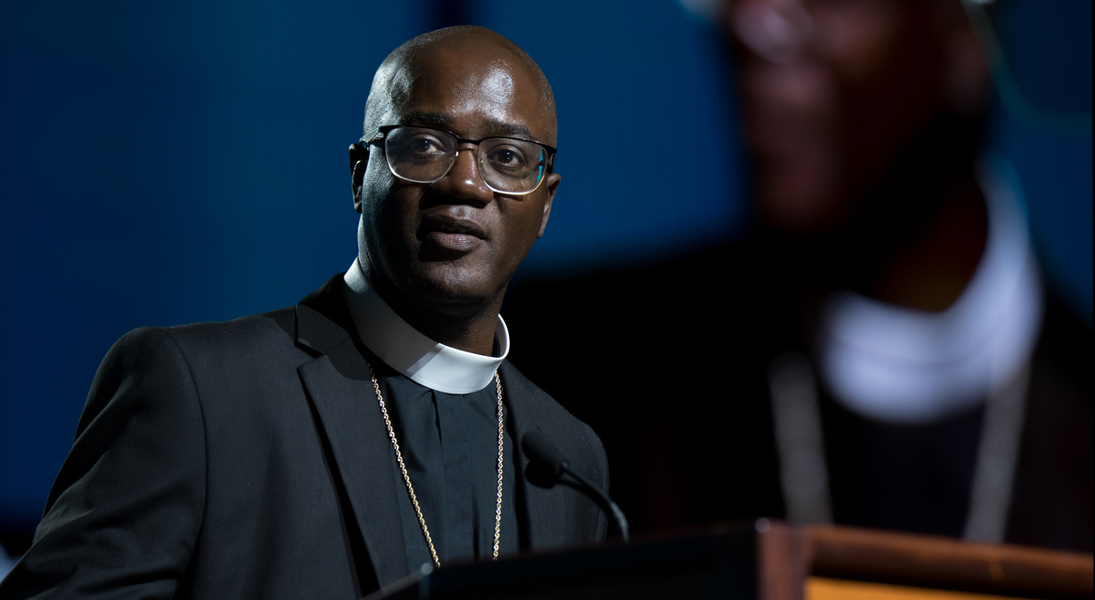
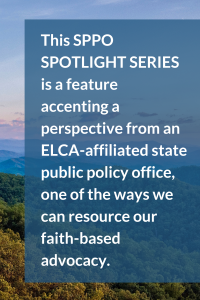
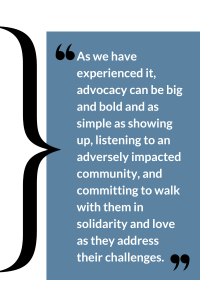





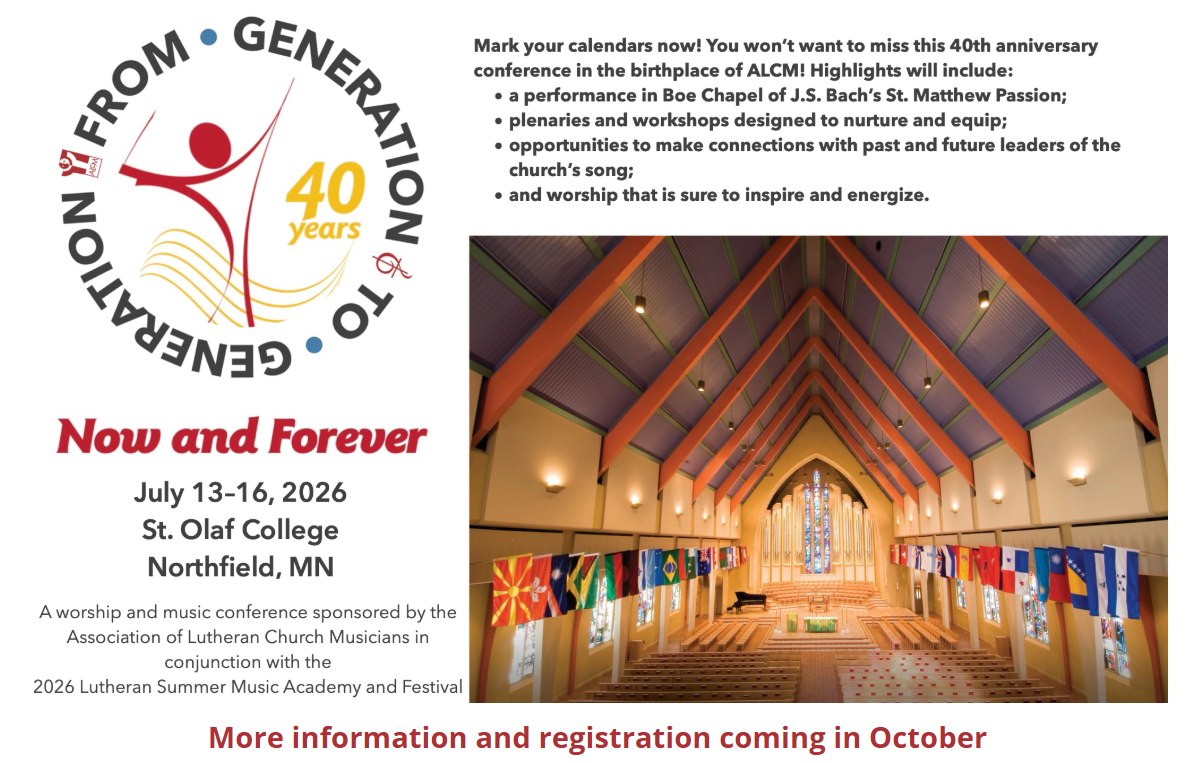
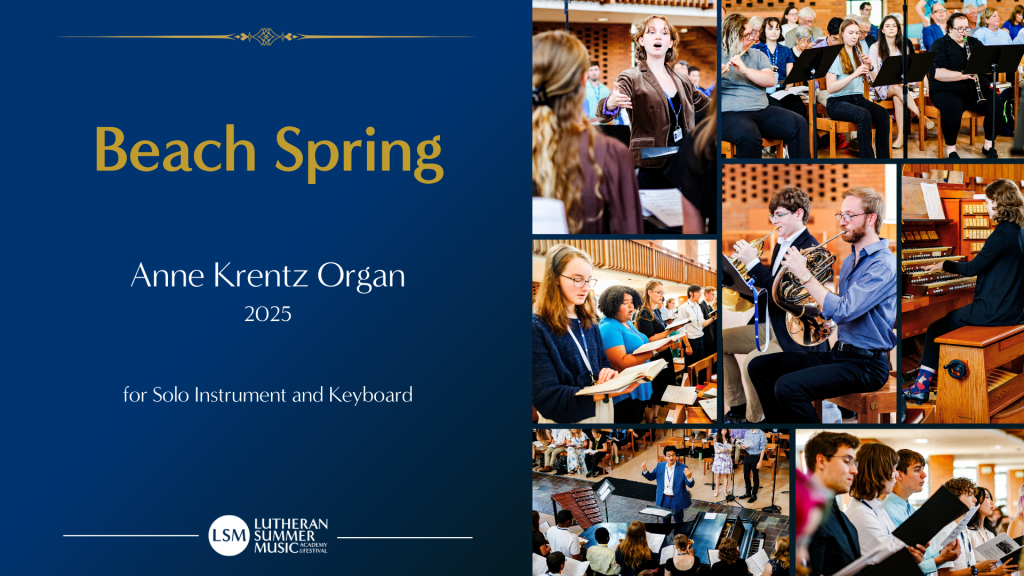

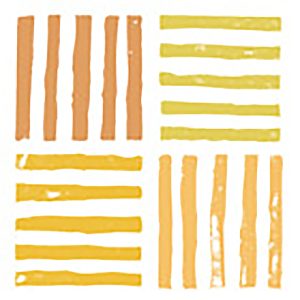 Rooted in Christian contemplative and activist traditions, Music That Makes Community envisions a liberative culture that empowers individuals and communities to claim and use the power of singing to heal our spirits, nurture our common lives, and work for justice.
Rooted in Christian contemplative and activist traditions, Music That Makes Community envisions a liberative culture that empowers individuals and communities to claim and use the power of singing to heal our spirits, nurture our common lives, and work for justice. 